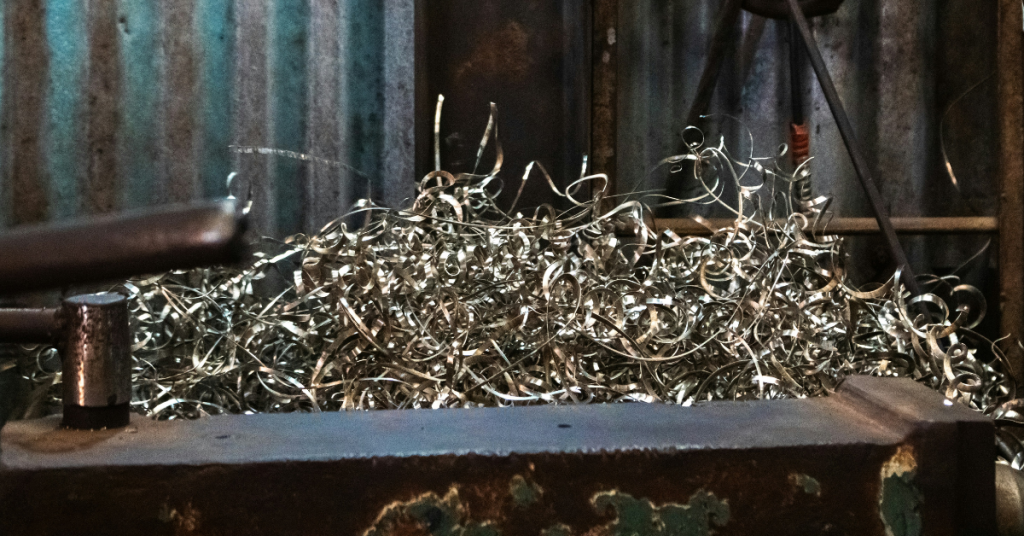Blue sky on the horizon: time for a shift
China's Blue Sky 2018 initiative imposes special actions against foreign garbage

The latest iteration of the scrap import restriction policies out of China, announced in March by China's Customs Authority, is called "Blue Sky 2018." Running for a 10-month period to the end of 2018, Blue Sky, in the words of the Chinese government, imposes "special actions against foreign garbage smuggling." [Click here for more on Blue Sky 2018.]
These latest regulations are meant to help clean up China's environment, while limiting the import of scrap materials in an effort to turn consumption towards domestically generated scrap. For example, recovered cardboard exported to China has been set at a maximum of 0.5 percent of contaminants, while mixed paper and plastics are prohibited from entering the country entirely. And from May 4, for a period of one month, all U.S. scrap exports to China were effectively halted. Since the start of the year, banned materials have been added, inspections at ports and at facilities in China have been intensified to make sure contamination levels are meeting standards, ships carrying exported scrap have been turned away, exporters around the globe are hesitant to send loads even when they do "technically" meet China's standards, and uncertainty abounds on all sides with respect to the precise details of the regulations.
In April, at the ISRI and Waste Expo 2018 conventions, there was much discussion on this topic. At ISRI, where the primary focus is scrap metal recycling, as well as paper, plastics, e-waste, tires and other "scrap" materials, the mood was overwhelmingly positive. The metals side of the industry has clearly not been affected to the same degree as the segment of the industry that is collecting and processing household solid waste, consisting primarily of paper and plastics. Fibre, including Mixed Paper and higher grades, is where the loss of China as an end market has hit hardest thus far. So far, it seems the companies most affected are those which collect curbside paper and plastics - especially those companies which then sort, recycle and broker recovered fibre materials.
In the words of Leonard Zeid, ISRI's vice president of the Paper Stock Industries (PSI) chapter, who spoke at this year's convention, "The sea of change occurring in the paper recycling industry has many of us uncertain how our industry will look in the future. Policy changes that affect trade and international markets have created ripple effects . . . The coming two years are likely to bring a considerable number of challenges to our businesses and increased focus on quality."
Zeid continued, "I believe through the PSI board and our general membership's range and depth of individual experiences and networks, and the resources each company brings with them, that PSI has the tools to confront these challenges with viable solutions."
According to a May press release issued by the NRC (National Recycling Coalition)based out of Colorado, "China's recent embargo of recycling imports is shining a mirror on our recycling industry and providing a clear signal that we can no longer pretend diversion of waste into a recycling bin is recycling.
"We cannot continue to act and behave as if business as usual will offer a solution to today's issues. We must fundamentally shift how we speak to the public, how we collect and process our recyclables, and what our end markets accept and utilize to truly recycle."
This article was originally published as the Letter from the Editor, in the May/June 2018 edition of Recycling Product News, Volume 26, Number 4.


